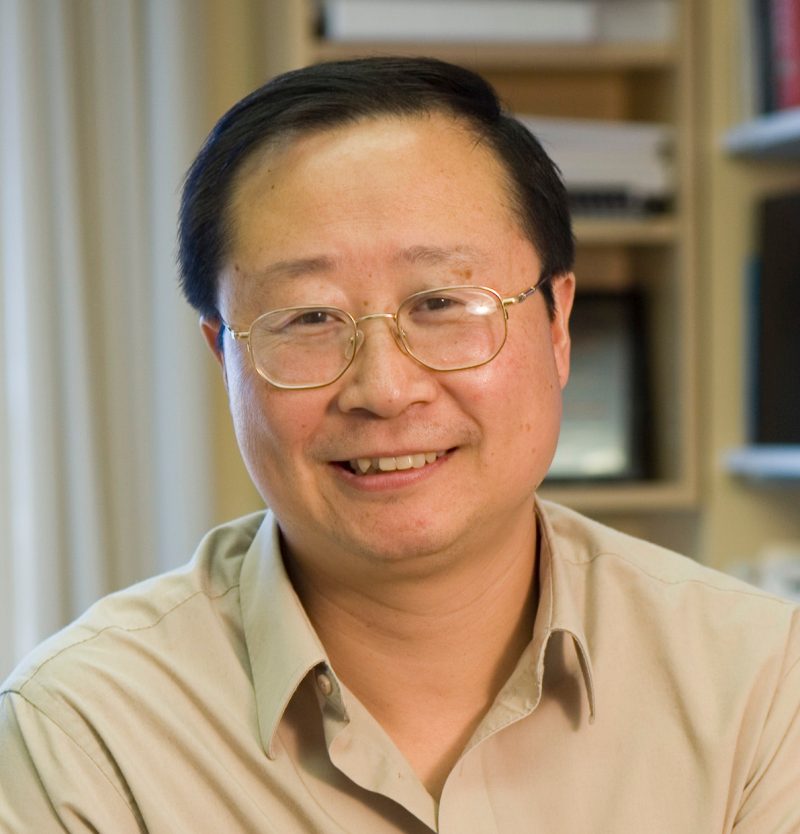

Jun Liu
Jun Liu received his undergraduate degree in chemistry from Nanjing University in Nanjing, China. He earned his M.S. in organic chemistry from The Ohio State University and his Ph.D. in biochemistry from the Massachusetts Institute of Technology. He was a postdoctoral fellow in the Department of Chemistry at Harvard University and a research associate at the National Institutes of Health. In 1993 he joined the faculty of MIT, and in 2001 he became a professor at Johns Hopkins University School of Medicine, where he directs the Pharmacology Graduate Program and the Johns Hopkins Drug Library. Liu also codirects the Cancer Chemical and Structural Biology Program of the Sidney Kimmel Comprehensive Cancer Center. His work has been recognized with a National Institutes of Health Director’s Pioneer Award and a Prostate Cancer Foundation Challenge Award. Liu is a fellow of the American Academy of Microbiology and the American Association for the Advancement of Science.
Liu’s primary research interest lies at the interface between chemistry, biology and medicine. His research group designs and synthesizes libraries of structurally novel small molecules for screening. They employ high-throughput screening to identify modulators of various cellular processes and pathways that have been implicated in human diseases, from cancer to autoimmune diseases. Once biologically active inhibitors are identified, they may serve both as probes of the biological processes of interest and as leads for the development of new drugs for treating human diseases. Among the biological processes of interest are cancer cell growth and apoptosis, angiogenesis, calcium-dependent signaling pathways, and eukaryotic transcription and translation.
Liu and his colleagues have assembled one of the largest libraries of known drugs, the Johns Hopkins Drug Library, and screened it for novel pharmacological activities for treating new diseases. They have identified several hits, the most advanced of which have entered phase 2 human clinical trials for treating a variety of human cancers. They have also identified a number of small-molecule inhibitors that target eukaryotic transcription and translation as potential anticancer drug leads. Most recently, they developed a novel macrocyle library mimicking the structural features of the immunosuppressive and anticancer drugs rapamycin and FK506, called rapafucins. They have identified a number of rapafucins targeting various cellular proteins implicated in different human diseases.